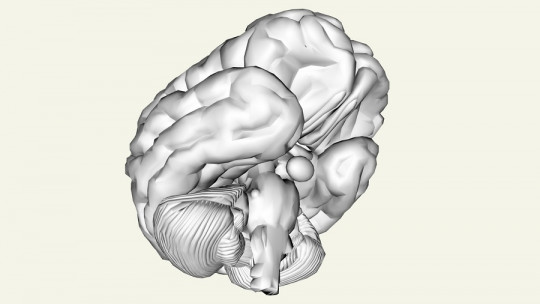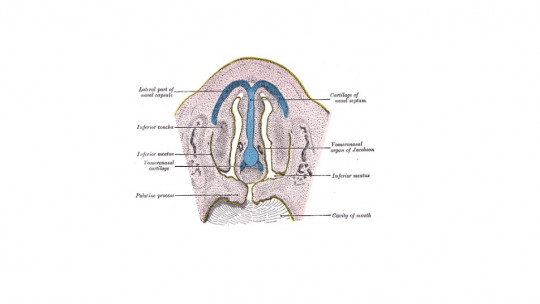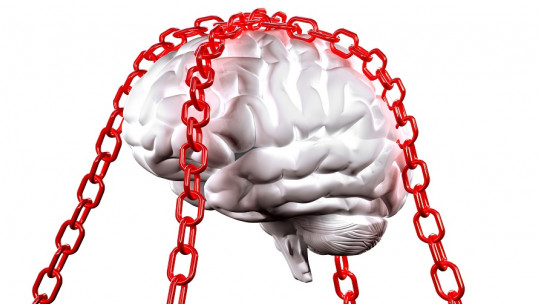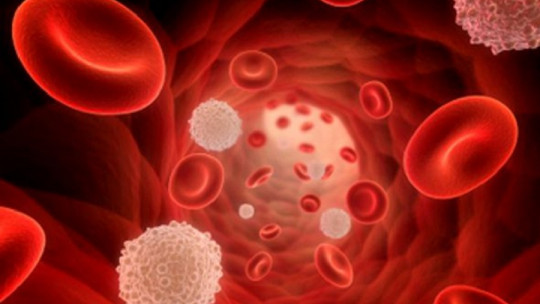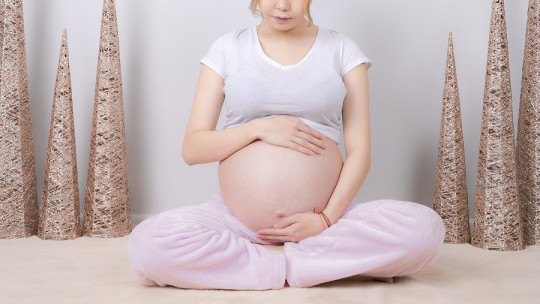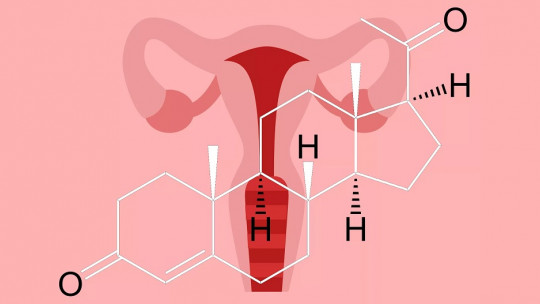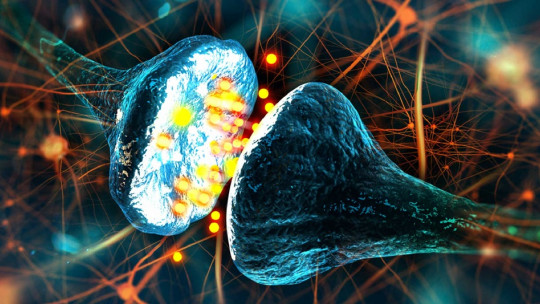Did you know that people have hormonal cycles that affect how we feel? In this sense, the menstrual cycle can affect physically and psychologically to a greater or lesser degree. Not only women have hormonal cycles associated with menstruation, but men also have certain hormonal peaks cyclically, which would explain some emotional changes they experience.
As a woman, you are sure that at certain times during your menstrual cycle you feel more animated, more irascible, more sensitive or euphoric, but what about this pattern? What happens during the menstrual cycle for these changes to occur? If you are interested in learning more about How the menstrual cycle affects emotions, keep reading! In this PsychologyFor article we explain everything to you.
Menstruation
If we talk about physical and emotional changes, at the beginning of the menstrual cycle the levels of hormones such as estrogen and progesterone decrease. This causes the endometrium to shed and be eliminated through the vagina, which gives rise to menstruation.
In this sense, the first day of menstrual bleeding is the first day of the new menstrual cycle. The Sex hormones begin to rise again at the beginning of cycle giving rise to new follicular proliferation.
Follicular phase
The second period of the menstrual cycle, known as the follicular phase, is the one that runs between menstruation and ovulation and lasts between 10 and 12 days. At this stage, the brain releases a hormone called follicle-stimulating hormone (FSH) that induces the ovary to develop follicles within which the eggs are located.
Only one of these follicles will be able to achieve greater development, called dominant follicle and will be in charge of release the egg of said cycle. The follicles release estradiol, which causes the endometrium to begin to thicken.
Thus, within the menstrual cycle and its emotional phases, the action of progesterone that is secreted during this follicular phase produces a feeling of calm and serenity
Ovicular or ovulatory phase
When estrogen levels are high, the pituitary gland receives a signal that causes an increase in luteinizing hormone (LH) levels. The peak of this hormone causes the release of the egg from the ovary into the fallopian tubes, an event that occurs in the middle of the cycle, around day 14.
In this phase, the egg remains waiting for a sperm that can fertilize it If this does not happen for 24 hours, the egg ages and can no longer be fertilized.
What emotional changes occur during menstruation? In this ovulatory phase, estradiol stimulates the creation of serotonin and dopamine. Both neurotransmitters are closely linked to feeling of well-being, pleasure and happiness In addition, sexual desire is also revived. In this article you will see why when I have my period I get more excited.

luteal phase
Finally, the luteal phase is the phase after ovulation and before the next menstruation. It lasts between 9 and 16 days, around 14 on average. The egg advances through the fallopian tube waiting to be fertilized by a sperm to give rise to the embryo. In turn, once the egg is released, the dominant follicle becomes the corpus luteum which progressively produces progesterone.
During this phase, the endometrium undergoes changes induced by progesterone to be able to accommodate a pregnancy or disintegrate during menstruation if pregnancy does not occur. If the egg is not fertilized, the corpus luteum disintegrates between days 9 and 11 after ovulation and decrease estrogen and progesterone levels which causes the next menstruation.
Throughout this process, the menstrual cycle and mood are closely linked. Specifically, in the luteal phase emotional, behavioral and somatic symptoms usually decrease However, authors such as Lougue and Moos (1986) suggest that these symptoms or disorders related to menstruation should be considered perimenstrual, since they can persist even if menstruation has ended.
Effects of estradiol and progesterone on emotions
Estradiol and progesterone, hormones active during the menstrual cycle, have been shown to influence the cerebral amygdala, anterior cingulate cortex, insular cortex, and frontal gyrus. Next, we will show you what its implication is.
- Brain amygdala: coordinates endocrine, autonomic and behavioral responses to environmental stimuli, especially emotions. In addition, it also coordinates stress and anxiety responses.
- orbital cortex: plays an important role in motivation, mood, judgment and perception, as well as conditional emotional reactions.
- prefrontal cortex: it receives signals from the amygdala, the septal nucleus and the thalamus, so that when this is affected, abstract reasoning, judgment and mood are altered.
All of this would explain why and how the menstrual cycle affects emotions, since these hormones are directly involved in moods and in the processing of emotional content through the amygdala.
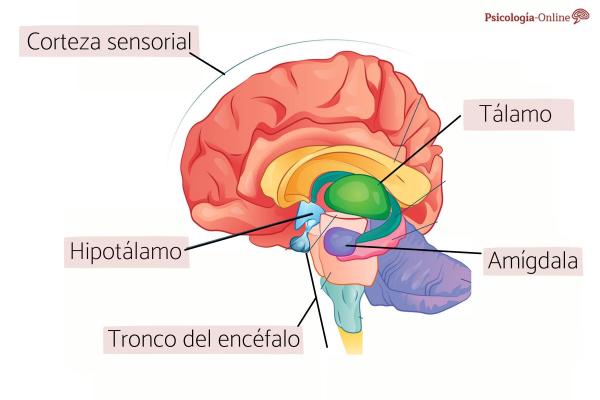
This article is merely informative, at PsychologyFor we do not have the power to make a diagnosis or recommend a treatment. We invite you to go to a psychologist to treat your particular case.
If you want to read more articles similar to How the menstrual cycle affects emotions we recommend that you enter our Neurosciences category.
Bibliography
- Ocampo, A. (2017). Emotional changes related to hormonal changes during a woman’s menstrual cycle. UNED (doctoral thesis).
- Zanin, LA, Correa, CG, Paez, AE, & De Bortoli, MA (2011). Emotional synatomatology and menstrual cycle. in III International Congress of Research and Professional Practice in Psychology XVIII Research Conferences Seventh Meeting of MERCOSUR Psychology Researchers. Faculty of Psychology-University of Buenos Aires.

